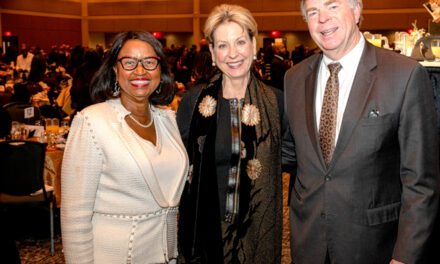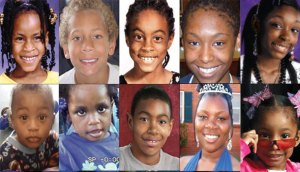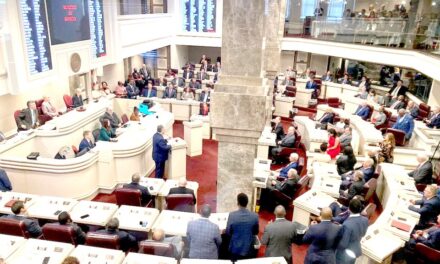By Howard University President Wayne A. I. Frederick, M.D. & Bruce Jones, Ph.D. Vice President for Research
Dr. Charles R. Drew changed the world. Starting in the 1930s, while on faculty of Howard College of Medicine, Drew discovered a method for long-term storage of blood plasma, which led to the first large-scale blood banks, an innovation that has saved millions in the decades that followed. At the time, opportunities for training and research for Black academics were few and far between.
Nearly a century later, we have made progress, but not enough. Although there are more opportunities for young Black academics than ever before, the racial research funding gap remains vast. Black researchers and academics at Howard University and other Historically Black Colleges or Universities (HBCUs) receive a small fraction of total research funding.
That is changing and it is going to have a profound impact on Black communities, and the next generation of Black academics and leaders.
This year, Howard was awarded $122 million in grant and contract awards from public and private sources, marking the largest infusion of research funding ever for an HBCU. That’s a 175% improvement over what Howard raised in 2008.
Unlike donations or other gifts, grants and contracts are based on professors and students submitting applications and beating out other leading research universities across the country – and the globe.
Howard and other HBCUs have been conducting research for generations. Dr. Drew is just one example in a long line of Black academics who have changed the face of medicine, literature, business and more. We have always just had to do more, with less.
A 2019 report found that HBCUs are awarded less research funding than non-HBCUs with similar research programs.
Systemic funding gaps of this magnitude have a ripple effect across communities. Less resources are dedicated to Black scholars and their research that would have the most impact and explore solutions for the very communities these scholars are part of. Students had fewer opportunities to get the type of experience that could jump-start their careers.
In 2018, Howard set the ambitious goal to raise a record $100 million in research funding by 2024. We relaunched our Office of Research to give professors and students the tools and support to take on more research projects. From 2017 to 2021, we increased output of proposals by over 37% as we sought additional funding.
It worked.
Look at genetic diseases, like sickle cell, which has a history of underinvestment compared to diseases that mostly affect white people. Howard researchers have participated in every clinical trial that has led to FDA-approved medications for sickle cell treatment. Outcomes for patients have improved tremendously in recent decades, but there is still a lot we don’t know about genetic diseases that disproportionately affect Black people. A new $11.5 million research grant over five years from the Chan Zuckerberg Initiative will help fund the next generation of genomics, genetics and precision health work at Howard.
When social media and misinformation were used as a tool to dissuade Black voters from participating in the election in 2020, the John S. and James L. Knight Foundation awarded Howard University $250,000 to study how digital manipulation and disinformation on social media affects Black and marginalized communities.
Every year, we are supporting more Dr. Drews than ever before: young people and educators with the skills and knowledge that can change the world. They include Pulitzer Prize winning journalist and professor Nikole Hannah-Jones; acclaimed author and essayist Ta-Nehisi Coates, Economics Department Chair Omari Swinton whose work is enhancing the teaching of educational training of Black students across the world. At all of Howard’s 14 colleges, our students and faculty are enhancing our understanding of the world around us.
That’s good news for Howard, but it is even more important to the people, and communities that will benefit from our research for generations to come. Through innovative partnerships, we are working with other HBCUs to expand our collective research capacity and funding sources to expand the impact of Black scholarship.
Research conducted at HBCUs makes a unique impact on Black communities and the world at large because it provides valuable insight and perspectives that are often missing from other mainstream research institutions –– especially on systemic social, health and environmental issues that disproportionately impact and are important to Black people.
The opinions on this page are those of the writers and not necessarily those of the AFRO. Send letters to The Afro-American • 145 W. Ostend Street Ste 600, Office #536, Baltimore, MD 21230 or fax to 1-877-570-9297 or e-mail to editor@afro.com
Help us Continue to tell OUR Story and join the AFRO family as a member –subscribers are now members! Join here!
The post Op-ed: Howard Raised $122 Million for Research. Here’s What That Means for Black Communities (and the World) appeared first on AFRO American Newspapers .











